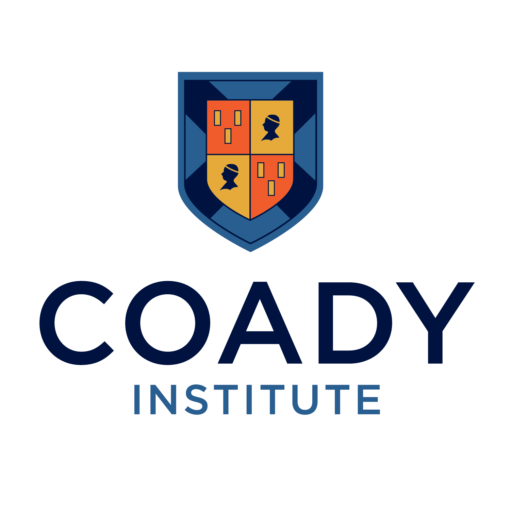Dr. Coady: If you want to find something on Rev. Dr. Moses Coady search for “Moses Coady”.
Pictures: To find pictures use the word photograph. For example, if you want a photograph of a co-op in Cheticamp type both Cheticamp and photograph in the search box. For pictures of Fr. Jimmy Tompkins, type both Tompkins and photograph.
Audio: If you want to hear Dr. Coady, radio programs, speeches and interviews type the word audio in the search box.
Video: If you want to watch videos type the word video in the search box. There are not many videos in the digital collection yet.
When you find too many results:
Try using more than one word so that you don’t get as many documents. For example, if you search for co-operative you find more than 500 documents. However, if you search for co-operative farming you find fewer documents.
Some words and phrases are very common in this collection. The words Coady and Extension show up in almost every document because the documents come from the “Coady International Institute” and the “StFX Extension Department” files. If you want to search for these words try using the “advanced search” so you have more options to limit your search.
You may want to search for a phrase, such as “Extension Bulletin”, “Moses Coady” or “Antigonish Movement”. The “advanced search” lets you search for a phrase.
When you do not find anything or enough:
Try different versions and spellings of words such as co-op, co-operative and cooperative or neighbour and neighbor, labour and labor.
Try shorter versions of the word. Truncation using an asterisk * will retrieve multiple keywords, e.g., fish* finds fishers, fisheries, fish stock
Advanced Search Tips
Choose the “Advanced search” option at the top and on the right of the screen.
Search: Across all fields
Your first option in advanced search is to search words that show up anywhere in the book or the title or description of the photographs, audio files or video.
All of the words means that every word must be somewhere in the document.
The exact phrase means that the words must be together in the exact order. For example, searching “Antigonish Movement” would not bring up documents that talked about a movement to plant trees in Antigonish County. Using the exact phrase is a good way to limit your search to just what you want.
A few good exact phrases you may want to try:
Moses Coady – this would eliminate all the times the material is about the Coady International Institute and not Dr. Moses Coady.
still image – Each photograph in the collection is called a “still image” so if you only want to see the photographs use this
Any of the words makes your search larger. Only one of your words needs to be in the document. This is a good search to use if you want to search for the word co-operative. You may want to try using the words co-operative* cooperative,* co-op. If you want to find everything to do with the aquatic resources you might want to search fish* ocean aquatic
None of the words eliminates words. A search for “housing” not “Tompkinsville” would find everything that mentioned housing but would eliminate all those that also mention Tomkinsville.
Search: Selected fields
You can also choose to limit your search by searching only for those by a particular author or words in a title by choosing the “Selected fields” search – located directly above the search boxes on the advanced search page.
You can choose the type of search: All of the words; The exact phrase; Any of the words; None of the words by clicking on the down arrow.
You can choose the field to search by clicking on the down arrow beside the box that says “Title” or “Subject”.
In this list author is called “Creator”. So, if you want to search by author, for example to find items that were written by Dr. Coady, then you should put “Moses Coady” in the search box and choose “Creator” as your search field.
Finding photographs: Search for “still image” in the field “Type”
Finding audio files: Search for “sound” in the field “Type”
Search: By Proximity
The “by proximity” search is helpful if you have words that are often show up close to each other but not together.
For example, if you want to search for “Town of Antigonish” you should use the proximity search with “town” in one search box and “Antigonish” in the other and within 2. You will find items that mention the “town of Antigonish” as well as “Antigonish town”
Search: By Date
Search by date is a good way to narrow your search. For example, you could search for just works published between 1900 and 1920. Or photographs from certain dates.
There is a caution when limiting by date. In some cases the date of a photograph is unknown and you risk not finding that photo because you’ve limited your search too much.
